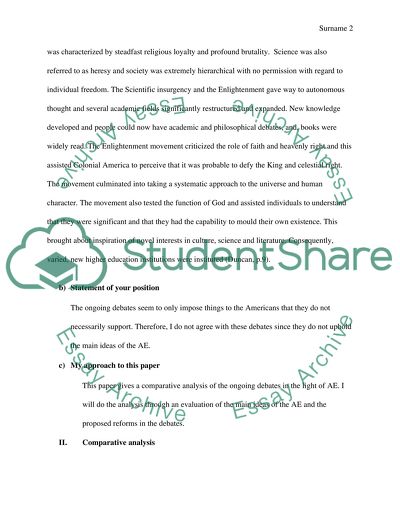Cite this document
(“History And Political Science: The Era of American Enlightenment Assignment”, n.d.)
History And Political Science: The Era of American Enlightenment Assignment. Retrieved from https://studentshare.org/politics/1444221-please-write-a-comparative-and-analysis-paper
History And Political Science: The Era of American Enlightenment Assignment. Retrieved from https://studentshare.org/politics/1444221-please-write-a-comparative-and-analysis-paper
(History And Political Science: The Era of American Enlightenment Assignment)
History And Political Science: The Era of American Enlightenment Assignment. https://studentshare.org/politics/1444221-please-write-a-comparative-and-analysis-paper.
History And Political Science: The Era of American Enlightenment Assignment. https://studentshare.org/politics/1444221-please-write-a-comparative-and-analysis-paper.
“History And Political Science: The Era of American Enlightenment Assignment”, n.d. https://studentshare.org/politics/1444221-please-write-a-comparative-and-analysis-paper.


